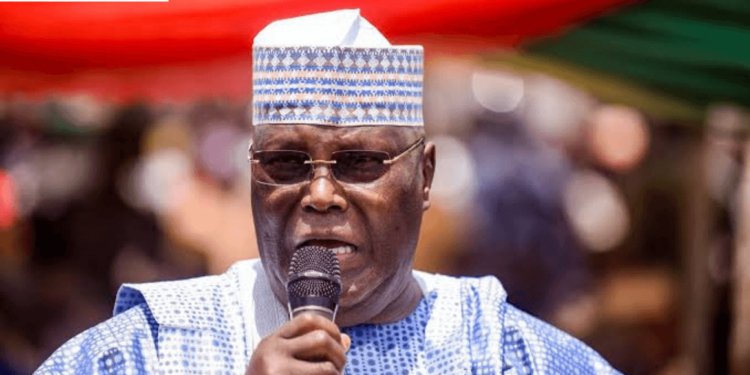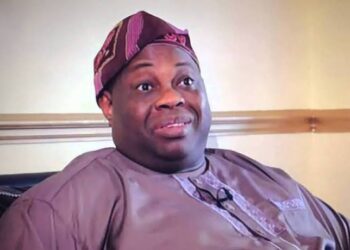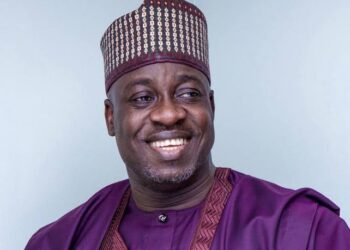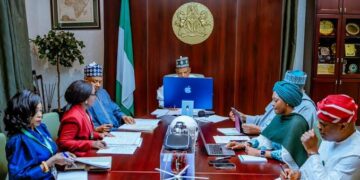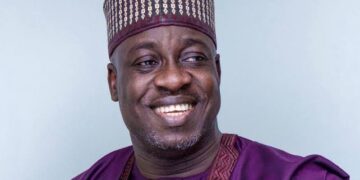The much-discussed alliance between three major opposition figures—Atiku Abubakar, Rabiu Kwankwaso, and Peter Obi—has effectively fallen apart, as both Kwankwaso and Obi have distanced themselves from the coalition. What began as speculation about a united opposition against the ruling All Progressives Congress (APC) has now turned into a full-blown rejection, with the two leaders expressing clear disinterest in joining forces with Atiku.
Kwankwaso, leader of the New Nigeria Peoples Party (NNPP), was the first to publicly rule out the alliance, citing a lack of trust and unresolved grievances with the People’s Democratic Party (PDP). He accused the PDP of manipulating northern political sentiments and attempting to secure a power monopoly ahead of the 2027 elections. Meanwhile, Peter Obi, who heads the Labour Party (LP), took a firm stance against any potential collaboration, stating that he was not involved in any merger talks and highlighting the internal turmoil and lack of cohesion within his party as key obstacles to forming a meaningful alliance.
The fallout from this alliance attempt underscores the deeper divisions within Nigeria’s opposition parties. At the heart of the failure is a long history of defections, ideological differences, and competing ambitions among the three leaders. Kwankwaso, who has a complicated relationship with the PDP, remains opposed to any return to the party, accusing it of past failures and manipulations. Obi’s position is even more precarious, as the Labour Party is struggling with internal divisions and a fragmented base, making any partnership with larger parties difficult.
The lack of unity and mutual trust among the three key players is further exacerbated by personal egos and leadership ambitions. Atiku, who will be 81 by the 2027 election, is unlikely to step aside for Obi, while the prospect of Obi serving as Atiku’s running mate again would risk alienating his core supporters. Additionally, Kwankwaso, a significant political figure in northern Nigeria, is unlikely to accept a secondary role in any proposed power-sharing arrangement.


